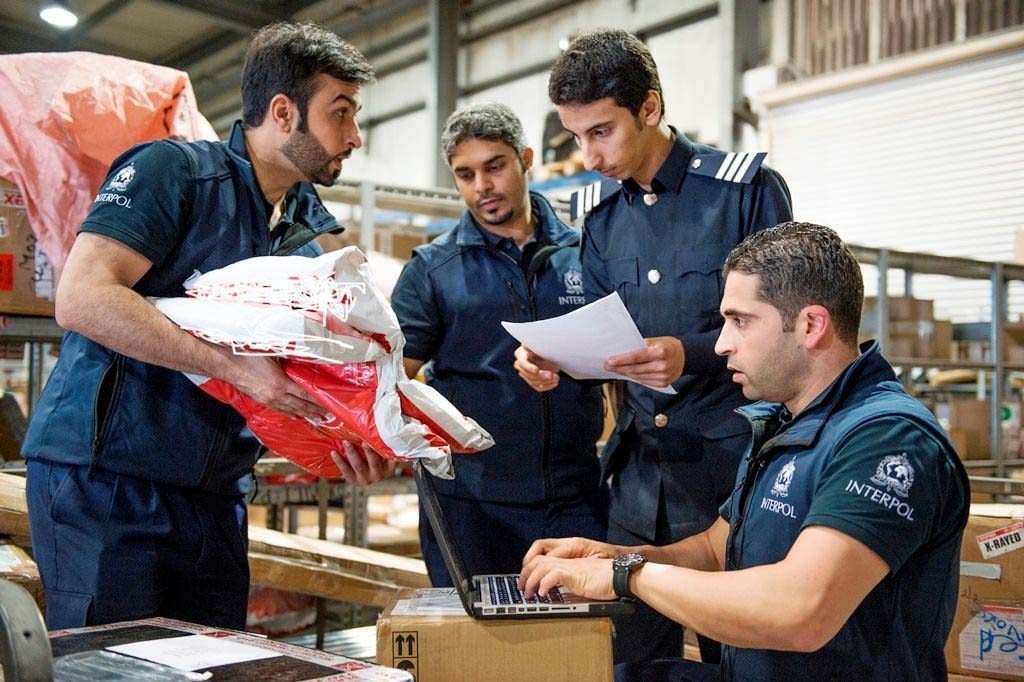
Tens of thousands of counterfeit electronic and automotive parts, as well as expired food items and other goods have been seized by Qatar’s Ministry of Interior in a week-long operation to weed out subpar products from the market.
The crackdown followed a regional conference on countering the trafficking of illicit goods and intellectual property crimes in Doha last week.
In a statement, the MOI said it has referred 147 people to authorities. Over a five-day search, it seized:
- 51,000 electric items;
- 20,000 counterfeit spare automobile parts;
- 31,000 expired food items; and
- 4,000 liters of expired sanitation gel used in hospitals.
The “Shaheen” operation was conducted in conjunction with Interpol and the General Authority of Customs, as well as the Ministry of Economy and Trade’s Consumer Protection Department.
Long-term challenges
Qatar has been working to keep fake and expired products off its shelves for years, as methods used to sell substandard goods become increasingly creative.
Most recently, officials announced in January the discovery of an illegal Chinese-made machine used to delete food expiration dates on products, allowing a new false date to be applied.
The machine had been used to sell hundreds of thousands of bottles of expired Gatorade, according to a statement from Interpol.
At the time, Brig. Khalifa Al Nasser, Head of the Interpol National Central Bureau in Doha, said vigilance was import amid a rising population:
“Protecting consumer health and safety is a high priority for the Qatari authorities as part of our ongoing efforts to block illicit trade and counterfeiting, as Doha increasingly becomes a major hub for international trade.”
The Shaheen raid was also not the first time Qatar has found expired hand sanitizer on the market. Last February, officials raided an illegal factory in the Industrial Area that was found to be producing substandard cleaning products.
The goods, which included disinfectant, carpet shampoo and bleach, were all made using expired hand sanitizer, and were being sold by a “major retailer.”

As is the general practice, the MOI did not release details about the bogus products found during this week’s operation, or disclose the names of expired goods in previous campaigns.
This often causes consternation among residents because they don’t know if they are buying substandard products.
Last year for example, the government announced it was pulling a certain cereal off supermarket shelves over rancidity concerns, but it did not name the product, sparking questions about whether the food consumers had purchased was safe to eat.
Grocery stores, however, told media outlets that Kellogg’s Cornflakes was the item in question.
The government is taking a step forward with naming and shaming this year, following the passage of a stricter food law, but that would only require restaurants – and not goods – with violations to be listed on the Ministry of Business and Trade’s website.
Thoughts?







